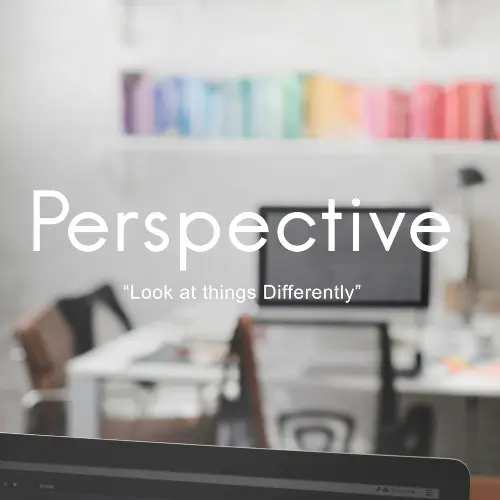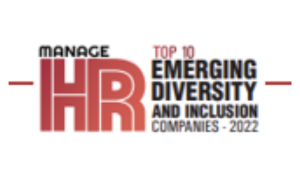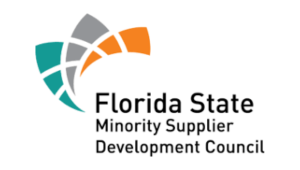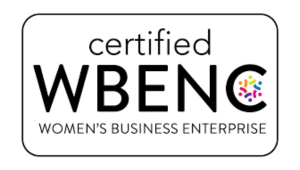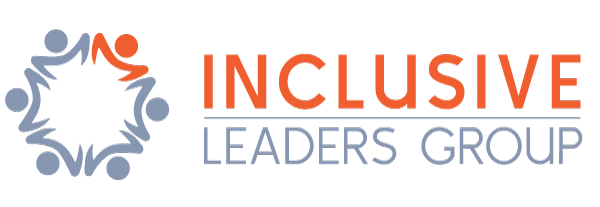Many D&I initiatives were suspended in 2020 as organizational leaders pivoted to focus on the economic and workplace disruption caused by the Covid-19 pandemic. Many companies embarked on new CEO-driven equity and inclusion initiatives following the death of George Floyd unleashed protests globally. Those actions were impacted adversely by the summer and autumn surges of coronavirus infections and deaths.
Post Pandemic: Moving Beyond Diversity to Equity, Inclusion, and Belonging in 2021
The George Floyd protests and greater awareness of racial and ethnic health disparities affecting Black and Latinx employees in 2020 have forced employers to reevaluate the progress their organizations are making relative to advancing equity, inclusion, and belonging. Chief Diversity Officers, D&I Executive Councils, and ERGs are taking aggressive steps to stop struggling with the same issues year after year, resulting in nominal progress toward their diversity and inclusion (D&I) goals.
Instead, progressive organizations are moving beyond Diversity, to Equity, Inclusion, and Belonging aligned with business goals. For example, the financial services firm Edward Jones Managing Partner Penny Pennington was one of more than 150 CEOs to sign the “CEO Action for Diversity & Inclusion” pledge, a nationwide initiative to advance diversity and inclusion in the workplace as a means to improve corporate performance, drive growth and enhance employee engagement. For the third year in a row, the firm was recently recognized as One of America’s Best Employers for Diversity by Forbes Magazine.
“Diversity you can count. Diversity is often the things that you can see about people. Inclusion is the next important element that unlocks diversity, and inclusion you can feel. But belonging is the end game.” – Penny Pennington, Edward Jones managing partner.
Belonging, she said, brings a sense of purpose to employees and is what all workplaces should work toward.
“Belonging is where I know that I am welcomed into the endeavor, that my voice, my perspective counts, and that I feel like I matter,” Pennington said.
Post Pandemic: Edward Jones Announces Five-point Commitment to Address Racism and Positively Impact Opportunities for People of Color
On June 15, 2020, Edward Jones announced a $1.2 million investment in the National Urban League and St. Louis Urban League to provide economic empowerment, educational opportunities, and the guarantee of civil rights for people of color and underserved urban residents in America. As part of a five-point commitment to address racism and positively impact opportunities for people of color, Edward Jones conducted a company-wide analysis of pay equity and inclusion in its home offices to assess how associates are compensated and take any necessary actions. Data collection and analysis included climate assessment, focus groups, stakeholder interviews, and strengths, weaknesses, opportunities, and threats (SWOT) analysis.
ILG Equity, Inclusion, and Belonging SWOT Analysis
The fundamental diversity metric such as the number of employees in various demographic groups is fairly easy to obtain by HR. Inclusive Leaders Group (ILG) recommends using this evaluation in conjunction with ongoing training to provide companies with a comprehensive picture of their Strengths, Weaknesses, Opportunities, and Threats (SWOT) in relation to Equity, Inclusion, and Belonging. Once decision-makers have a better understanding of their knowledge base, limitations, and needs, it is important to answer the why of Diversity, Equity, and Inclusion (DEI) as it applies to organizational health and sustainability.
ILG leads and performs organizational SWOT analyses and examines national trends in demographics and changes forecasted for the future of work. Our assessment services team provides organizations evidence of why Diversity isn’t enough, and how Equity, Inclusion, and Belonging are a business imperative after George Floyd and post-pandemic.
![]()

